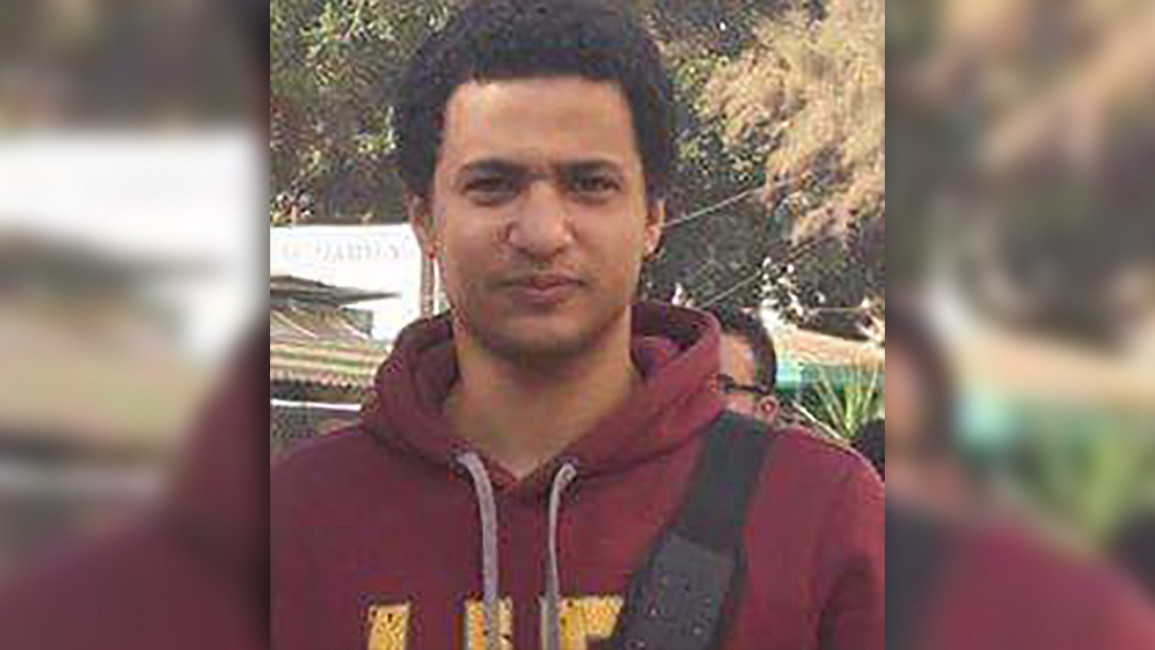Egyptian student found dead shortly after being arrested
Medhat's family said he died in police custody after his body turned up at Cairo's Zeinhom morgue.
"My brother died at 11:30pm at the hands of Egypt's policemen," said Mohamed Medhat.
According to Medhat's family, police arrested him early on Monday morning to enforce a two-year in-absentia prison sentence he received in February 2016 for protest-related charges the previous year.
An initial autopsy conducted at the morgue found that the young student had suffered a fatal skull fracture.
Suspecting police brutality, his family has moved to conduct a separate autopsy, hoping to identify the circumstances surrounding his death.
The prosecution is currently investigating Medhat's alleged death during the raid.
However, his family says that the prosecution is not cooperating and is refusing to document their accusation that the police killed their son.
Medhat's family accused security forces of torturing him to death. However, police say that he was arrested in a brothel in Nasr City and died as he jumped from the second floor, trying to escape the police raid.
The interior ministry continues to deny that it practices any kind of abuse against detainees, referring to some cases as "isolated incidents".
 |
My brother died at 11:30pm at the hands of Egypt's policemen. - Mohamed Medhat |
 |
Egypt has seen an unprecedented spike in cases of torture, death in custody and enforced disappearances in the past three years since a military coup led by current President Abdel Fattah al-Sisi - who was defence minister at the time - overthrew Islamist President Mohamed Morsi in July 2013.
Police brutality is one of the main reasons behind a popular uprising that toppled veteran dictator Hosni Mubarak on 25 January 2011, along with harsh economic conditions and the absence of freedom of speech.
In a 2015 report, Amnesty International said that torture and other ill-treatment of criminal suspects were "routinely used to extract confessions and punish and humiliate suspects", reportedly leading to several deaths of detainees.
"Deaths in detention were reported, with some apparently attributable to torture or other ill-treatment or inadequate conditions in police stations," the report added.



